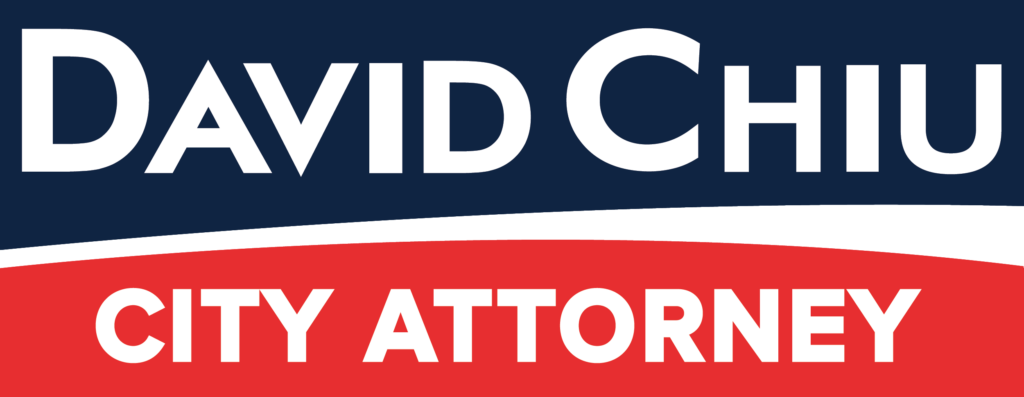COVID-19 caused countless unforeseen consequences throughout many aspects of our lives. One of these hidden consequences has been the pandemic’s toll on behavioral health, particularly with regard to substance abuse.
While one in 10 adults reported symptoms of anxiety or depression before COVID-19, four in 10 report those symptoms now — and the impacts have been particularly severe on our LGBTQ+ communities.
According to a Center for American Progress study, 69% of LGBTQ people reported feelings of nervousness or anxiety because of the pandemic; 60% felt “down, depressed, hopeless, or had difficulty falling/staying asleep,” and 54% reported feeling unable to stop or control their worrying.
This week, I published an op-ed in the Bay Area Reporter to highlight this hidden crisis and share what I’m doing to address the toll on behavioral health. Click here to read it, and forward to five friends today!
The truth is that California has been underinvesting in treatment for behavioral health and substance abuse — which has also risen in the last year, with 13% of adults reporting new or increased substance use due to the challenges of COVID-19.
Even before the health crisis, California and San Francisco have only been able to treat a small fraction of those with substance use issues. In the past year, about 2.7 million Californians had a diagnosable substance use disorder, yet only one in 10 of these individuals received treatment.
California has lagged the nation in our percentage of qualified substance abuse counselors and other related treatment providers. Fewer than 20,000 alcoholism and substance use counselors are currently certified in California, and fewer than 700 of the state’s nearly 140,000 licensed physicians maintain a substance use specialty certification.
I recently introduced Assembly Bill 666 (a number I did not choose) to boost the pipeline of qualified counselors and treatment providers, in order to increase the capacity of California’s treatment programs and our behavioral health workforce.
Click here to read my op-ed in the Bay Area Reporter to find out more about the issues we face, and how I’m working to fight them. Please forward the piece to five friends today!
We will undoubtedly be picking up the pieces of COVID-19, and addressing secondary and tertiary impacts of the virus, for many years. By calling attention to this substance abuse crisis and working to fix it, we can begin the crucial work of healing our communities.
Onward,
David
